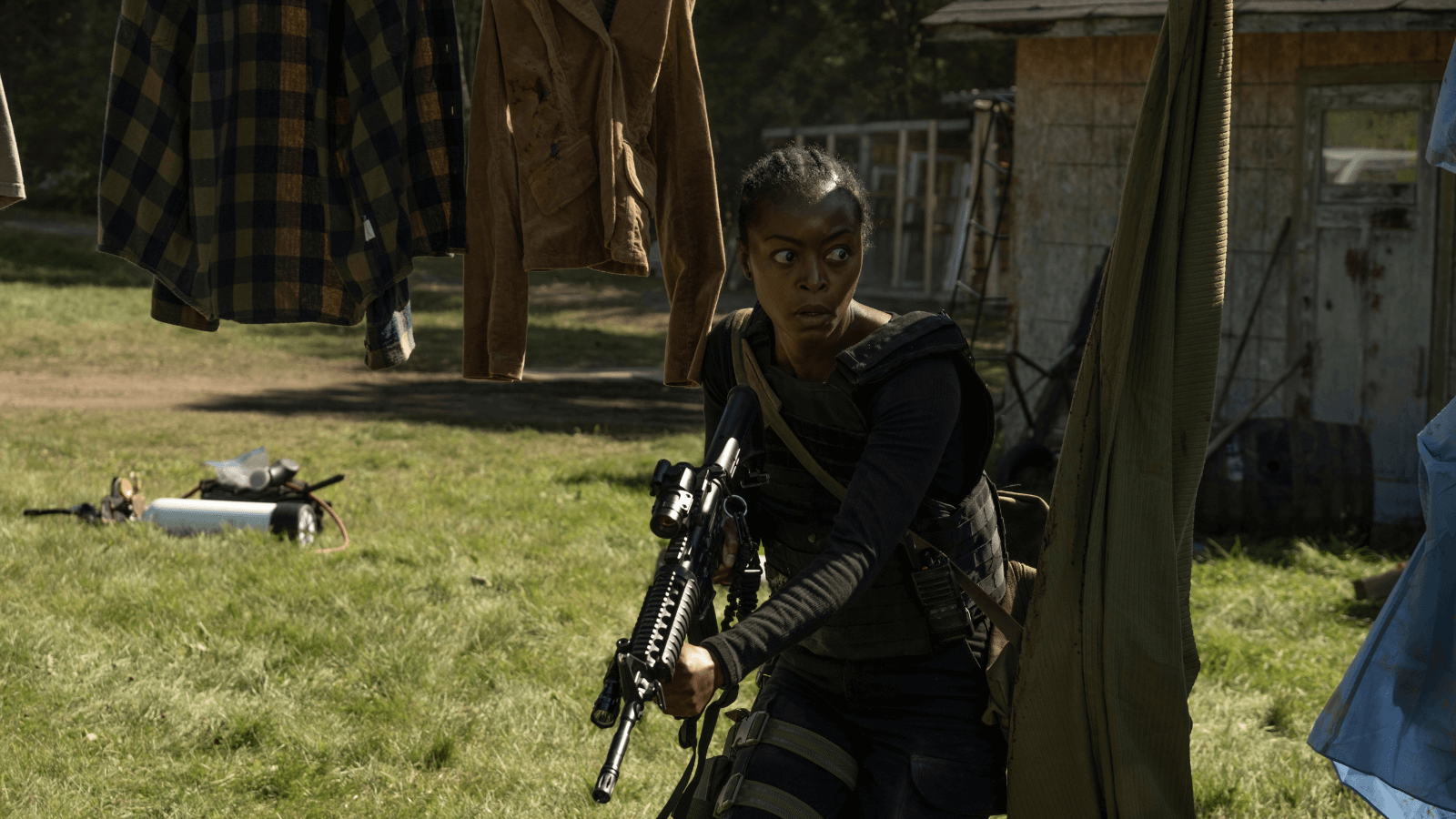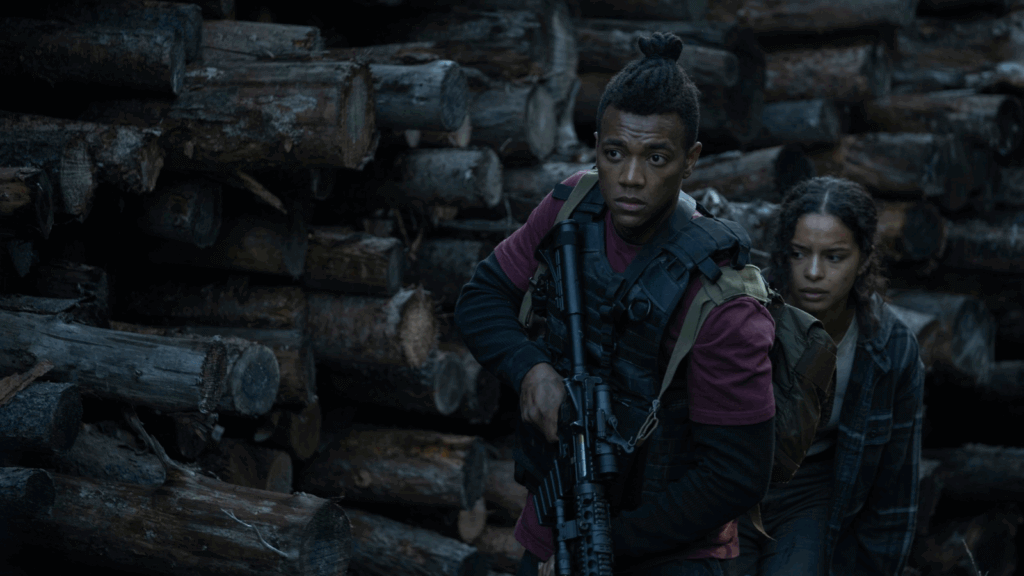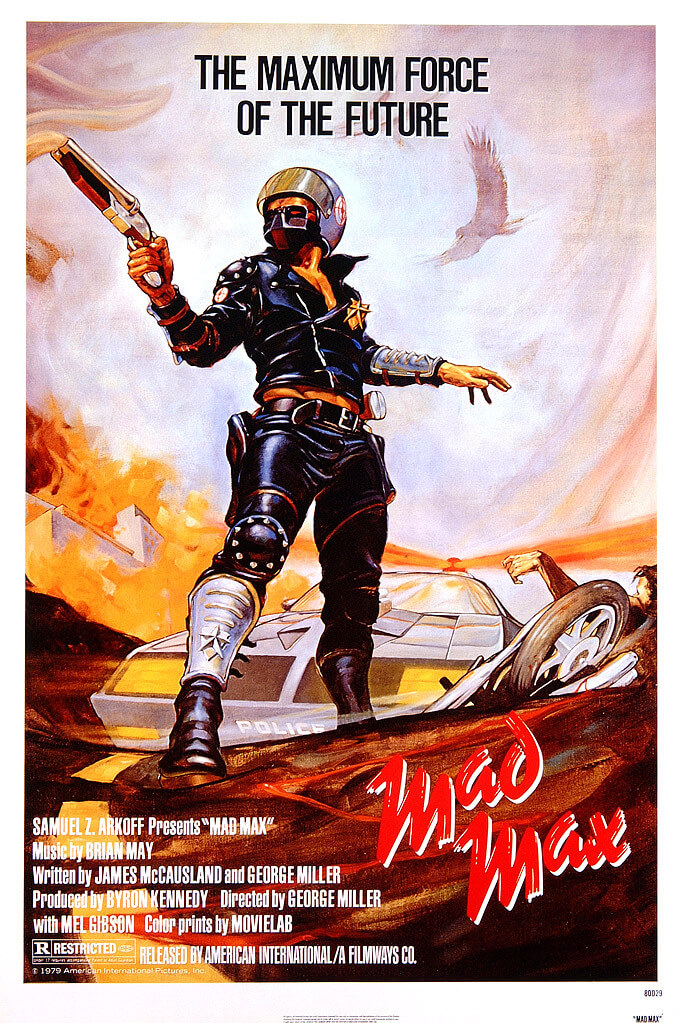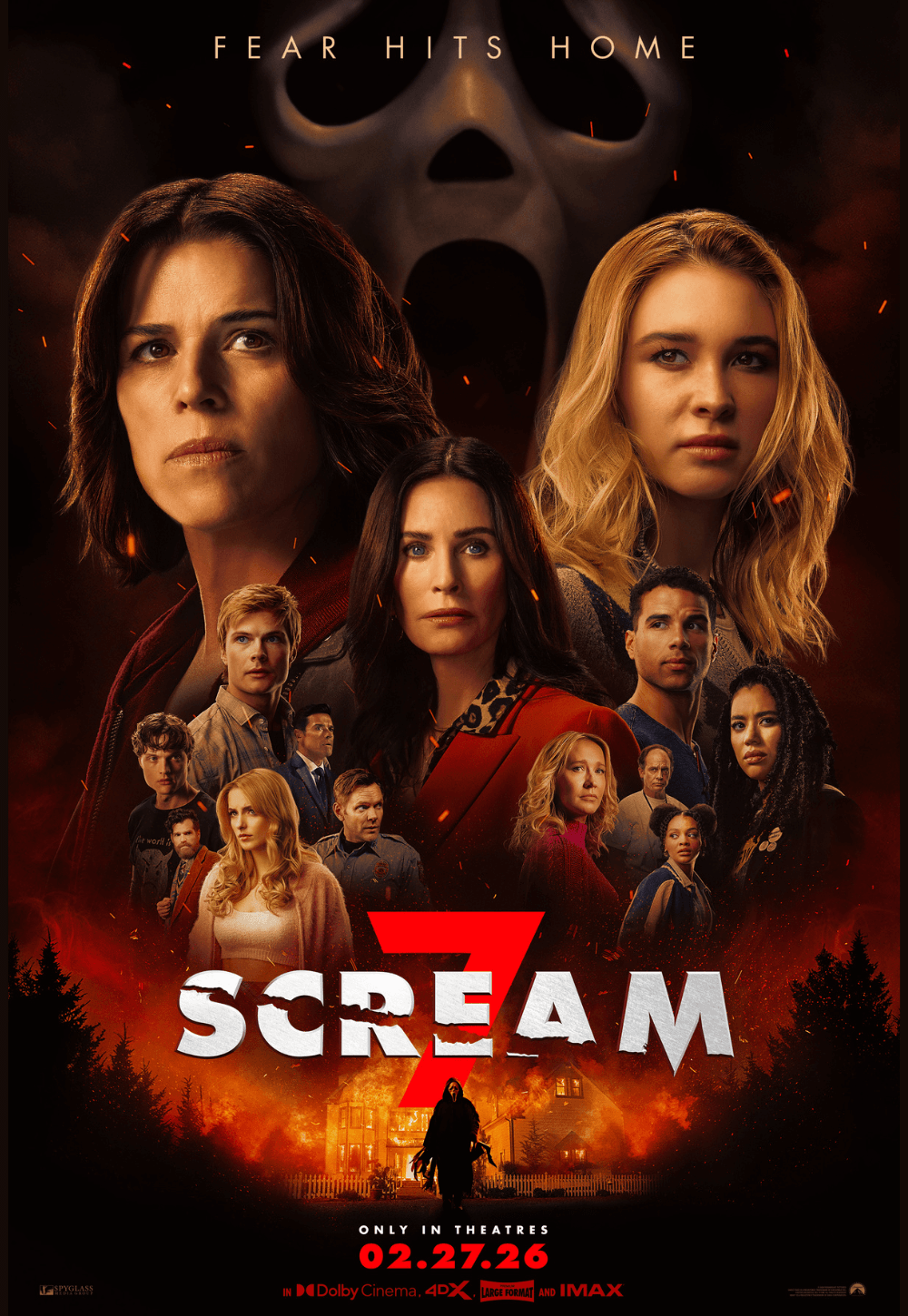
40 Acres
By Brian Eggert |
40 Acres is another in a long line of post-apocalyptic yarns about survivalists who contend with raiders and cannibals—not to mention their strained family dynamics. The movie combines the sensibilities of an austere drama such as The Road (2009), where a parent will do anything to ensure their child survives, with the coming-of-age trappings of a YA equivalent, where the young protagonist feels compelled to question his world (think The Maze Runner series), including his parents. However oversaturated the story may be with familiar ideas, the movie’s title hints that there’s something more on Canadian director R.T. Thorne’s mind than another formulaic genre exercise. 40 Acres alludes to how, after the Civil War in the United States, the government under Abraham Lincoln vowed to give thousands of formerly enslaved Black families forty acres of farmland and a mule. But Lincoln’s assassination gave way to President Andrew Johnson, who reversed the decision in just one of the many broken promises made to Black communities during the postwar Reconstruction era.
Thorne wrote 40 Acres alongside Glenn Taylor, and they weave a shared history by centering on the Freemans, a family whose militarized matriarch, Hailey (Danielle Deadwyler), descends from a formerly enslaved man who left Georgia after the Civil War and started a new life in Canada. The story takes place in the near future, 14 years after a “fungal pandemic” killed 98% of animal life, turning farmland for produce into a precious commodity. Hailey, a former US Army soldier and mother of three, heads a blended family alongside Galen (Michael Greyeyes), who maintains his First Nations roots. Hailey defends their property and family with a vengeance, teaching the children military-grade discipline and educating them on the world’s hard truths. She insists that their children write book reports on The Proletarian’s Pocketbook, and the eldest son, the twentysomething Manny (Kataem O’Connor), keeps a copy of Black Against Empire by his bed. The Freemans understand that colonizers have attempted to take everything from their people, and they’re ready to prevent that from ever happening again.
“It’s my job to make sure you survive,” Hailey declares. And there’s much to endure, from well-armed marauders intent on robbing them to the so-called Union Army that claims to help farmers for the greater good of combating the widespread famine. Hailey doesn’t trust anyone and remains an isolationist, instilling fear and suspicion of other groups. One day on a patrol, Manny spies a woman his age, Dawn (Milcania Diaz-Rojas), swimming in a river, and his inevitable fixation leads to imagining another life for himself and questioning everything he knows. Should he follow his mother’s strict lessons or attempt to make contact with other groups—specifically the cute young woman? Manny’s youthful crisis coincides with the looming threat of cannibal gangs, here dubbed “flesh eaters” or “Ws”—presumably for Wendigos, an Indigenous legend about a spirit with a bottomless hunger for flesh, an apt metaphor for colonizers who consume unrepentantly.

Thorne structures his debut feature into several loose chapters, lending his film a measured pace for the first two-thirds and giving way to an intense finale. Each chapter highlights a character with expository flashbacks that reveal aspects of Hailey and Manny’s backstories. Manny’s siblings, four girls in all, barely receive enough consideration to make them feel like realistic characters. The writers imbue Galen with some dimension as Hailey’s partner—including an excellent action sequence where he, using only a knife, takes down several well-armed baddies in the dark—and it’s just enough to make the character feel like a missed opportunity for richer development. One early detail finds the family training with whistle signals, presumably to indicate the number and location of intruders on their land. However, the idea never materializes in the action-packed finale when it might’ve been useful. This begs the question: Why did Thorne set up the whistling if he wasn’t going to pay it off?
Similar minor but nagging questions arise during 40 Acres, but it’s Thorne’s unoriginal details that feel lazy. Take when the camera pans over the Freemans’ radio room in their underground bunker, showing conspicuous newspaper clippings with headlines (“Famine!” and “Civil War”) that give some vague impressions of the movie’s recent past. Such expositional set decoration is customary for the genre—see the similar basement radio room setup in John Krasinski’s A Quiet Place (2018). I found myself wondering why anyone who lived through such times would want such newspaper clippings hanging on the walls. Why not pictures of the family or one of Hailey’s many lessons about the “responsibility of the soldier”? The movie fares better in aesthetic terms. Cinematographer Jeremy Benning and the editing team deliver clear action sequences, and the yellow-hued palette recalls the dried fields of corn stalks around the Freemans’ land.
Thorne directs performers who lend humanity to their limited, clichéd roles. This is particularly true of Deadwyler, who brings intensity to her portrayal of the severe matriarch. But she also has a few choice moments where Hailey softens, suggesting she must maintain her outward coldness to protect her family from the hostile world. Greyeyes fits into this milieu nicely and has been in similar material before—see Blood Quantum (2019) and AMC’s Fear the Walking Dead (2015-2023). O’Connor does well as a rebellious young man whose hormone-fueled decisions lead to bad choices that drive the story forward. Ultimately, 40 Acres reminded me of a promising pilot for a series like The Walking Dead or The Last of Us, minus the zombies. I wanted more from every character and had questions about their world. Even so, its runtime of 113 minutes is more than enough to impart its intended lesson about embracing community over isolationism. Unfortunately, Thorne and Taylor’s writing is neither subtle nor novel, despite its welcome critique of white colonizers invading land owned by Black and Indigenous families.

Thank You for Supporting Independent Film Criticism
If the work on DFR has added something meaningful to your love of movies, please consider supporting it.
Here are a few ways to show your support: make a one-time donation, join DFR’s Patreon for access to exclusive writing, or show your support in other ways.
Your contribution helps keep this site running independently. However you choose to support the site, please know that it’s appreciated.
Thank you for reading, and for making this work possible.
Brian Eggert | Critic, Founder
Deep Focus Review







